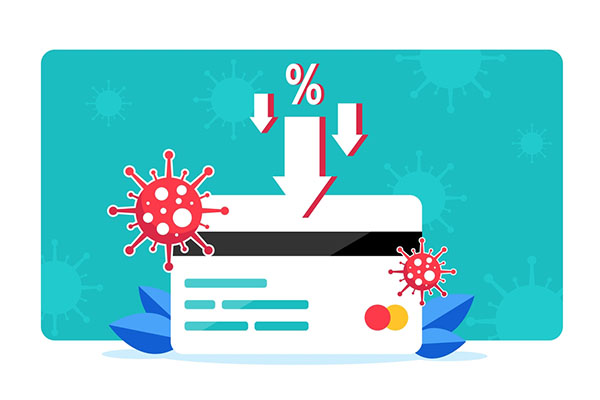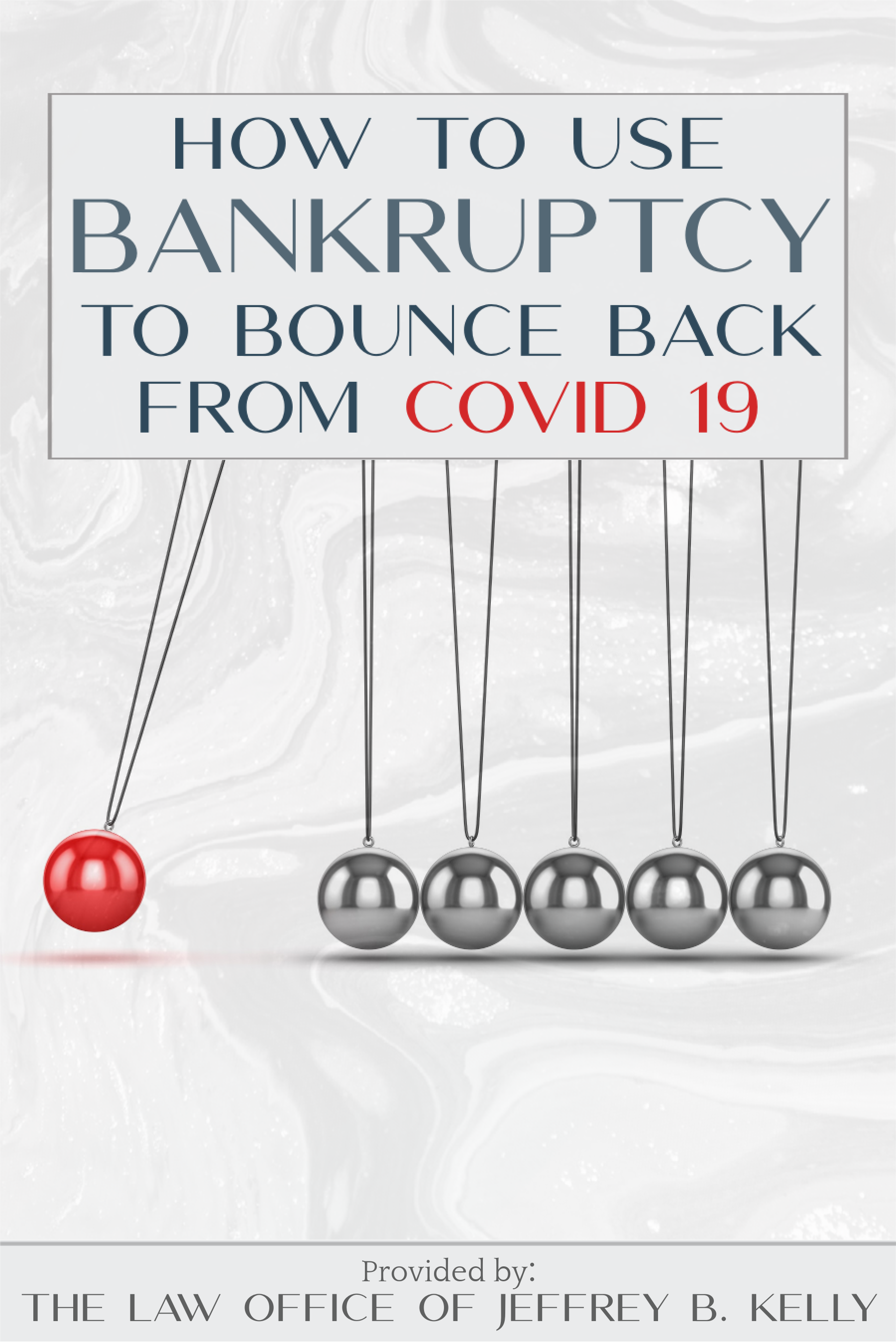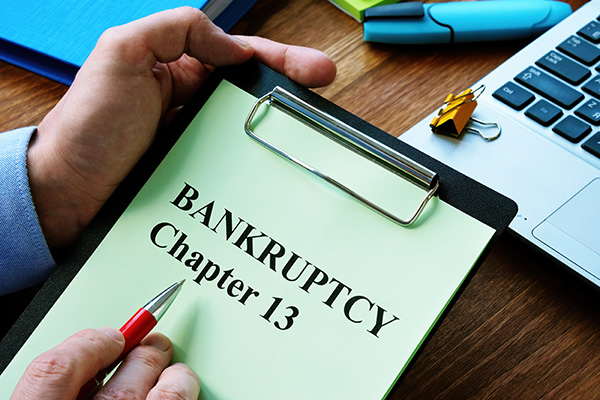Do-I-qualify-for-bankruptcy
Hello, this is Jeff Kelly, and today is May the 25th, 2020 Memorial day. Today’s topic is, do I qualify for bankruptcy? This is probably one of the most common questions we get. The short answer is that almost everyone is going to qualify for some type of bankruptcy relief. But as we get into this, it’s important to understand the different types of bankruptcy. So the first one is one people are usually most interested in, that’s Chapter 7, where you wipe out all your debts. Many people like to refer to Chapter 7 as the fresh start provision or the bankruptcy code. To qualify for Chapter 7, you got to have no money left at the end of your budget after you pay all your monthly living expenses. In other words, at the end of every month, you are on zero. In addition, you got to pass what’s called the means test. To pass the means test, your family must have a monthly income that is lower than the average family of your size in your region as determined by the IRS. These numbers are updated every quarter. As of today, the means test limit for a family size of two, just to give you an example, in the North Georgia area, is $65,007 a year.
So in other words, let’s say you got a family size of two and you’re making a hundred grand a year. You are way over the limit of $65,007. You’re probably not going to qualify for a Chapter 7. However, there are some deductions we get; health insurance, child support, alimony. So some of the stuff may come into play. The bottom line is you need to meet with an attorney and you need to have an attorney who understands how the means test works to give you an idea of whether you qualify or not.
Now, if someone is a good bit over the limit, Chapter 13 is probably going to be the better option. Now let’s talk about Chapter 13. Chapter 13 is often referred to as the “catch your breath” provision of the bankruptcy code. In chapter 13, unsecured debt can be eliminated just like it can in Chapter 7, but it’s over a longer period of time. Chapter 13 is a great tool for catching up arrears on house payments, catching up past due car payments and stopping garnishments. So how much do you have to pay back in a Chapter 13? That’s largely going to depend on how far over the means test you are. Another thing we need to look at that I skipped over a little bit too fast is assets. If you’ve got an asset that’s worth a lot of money that I cannot protect with bankruptcy exemptions, then you don’t want to file Chapter 7 or they’re going to take it. So let me give you an example there.
Married couple can exempt $43,000 equity in a house. Let’s say you’ve got a $100,000 house that’s paid for. You don’t want to file Chapter 7. Do you qualify for Chapter 7? Could you do it? Yes, you could, but they’re going to sell your house, they’re going to pay your exemption amount, they’re going to take the difference and apply it towards your debts. So sometimes people in those situations will also try to make a Chapter 13 work, if at all possible. So again, back to the means test, you know, when you get to the end of the means test, there is a number and you take that number and you multiply it by 60, and that’s the amount you’re going to pay in a Chapter 13 to your unsecured creditors.
Is it possible to have too much debt to qualify for Chapter 7? And the answer is no. You can’t have too much debt and file a Chapter 7 or wipe it all out. The amount of debt is not an issue, but in the Chapter 13, it is an issue. So currently the debt limit for your unsecured debt, credit cards, medical bills, things like that in Chapter 13 is $419,275. The debt limit for secure debt is $1,257,850. Every three years, these debt limits are adjusted based on the consumer price index. Debtors who don’t qualify for a Chapter 13 must file either a Chapter 7 or a Chapter 11. Typically Chapter 11s are big business cases. It’s an entirely different type of practice. I focus on Chapter 13s and Chapter 7s. If you’re struggling with any debt issues, the obvious smart move is to take advantage of a free consultation and explore your options.
So how do you get ready for a consultation? Well, it’s a good idea if you can get your paycheck stubs for the last six months, so we can do the means test for you and give you an idea of where you stand in relation to the means test. It’s also helpful if you go to annualcreditreport.com and you can pull your credit report, you can download it in a PDF and email it to us and we can go through that with you as well. You do not have to come to our office right now to start a bankruptcy. We can do it over the phone. We can do it with Zoom and we use a program called DocuSign. You don’t even have to come to our office to get your bankruptcy case signed. We can do that virtually as well, and currently, as of today, they’re still doing all of the court hearings virtually, meaning you don’t even have to go to court. So you can start the case, review the case, file the case and do your court hearing all without ever leaving your home right now.
So if you’ve got any questions at all about bankruptcy, please give us a call at (770) 809-3099. Look forward to talking to you soon and please check out my main website, www.kellycanhelp.com and download a free book that I’ve written on Chapter 13 and Chapter 7. Just go to the homepage, scroll down to the bottom, fill out your email address and boom, we’ll get it to your inbox, and if you’d like a hard copy, you can call us as well. Again, that number is (770) 809-3099. We’ll send you a hard copy for free, as long as supplies last, and wish you the best. Thank you so much for tuning in today.

Transcript: Hello this is bankruptcy attorney Jeff Kelly and Today is April the 24th 2020. Yesterday Bloomberg reported that major credit card companies are...

Hello, this is Jeff Kelly and Today is September the 16th 2020. And today we’re going to be talking about using bankruptcy to bounce...

Hello, this is Georgia bankruptcy attorney, Jeff Kelly and today is May the 11th, 2020. Today I would like to talk about how an...